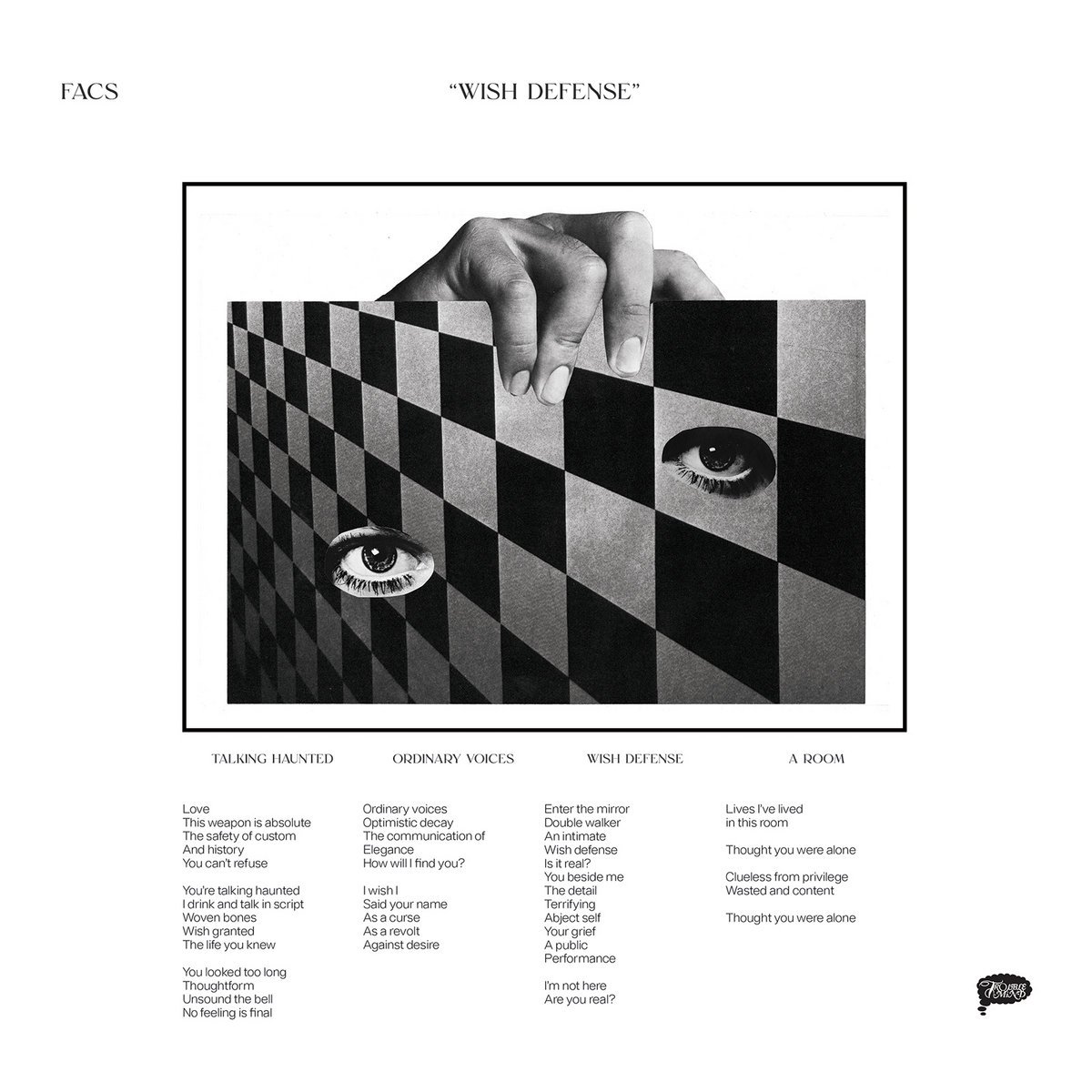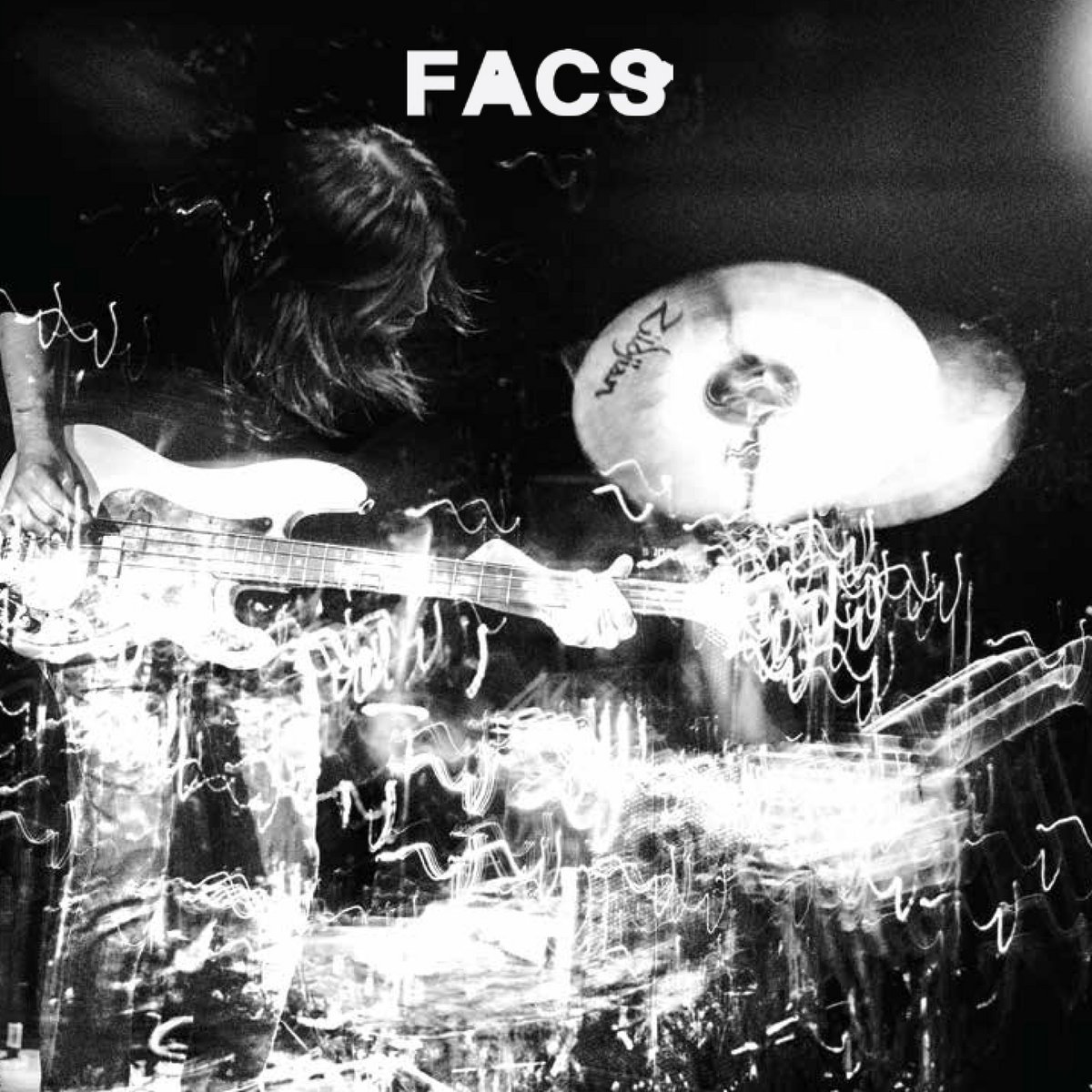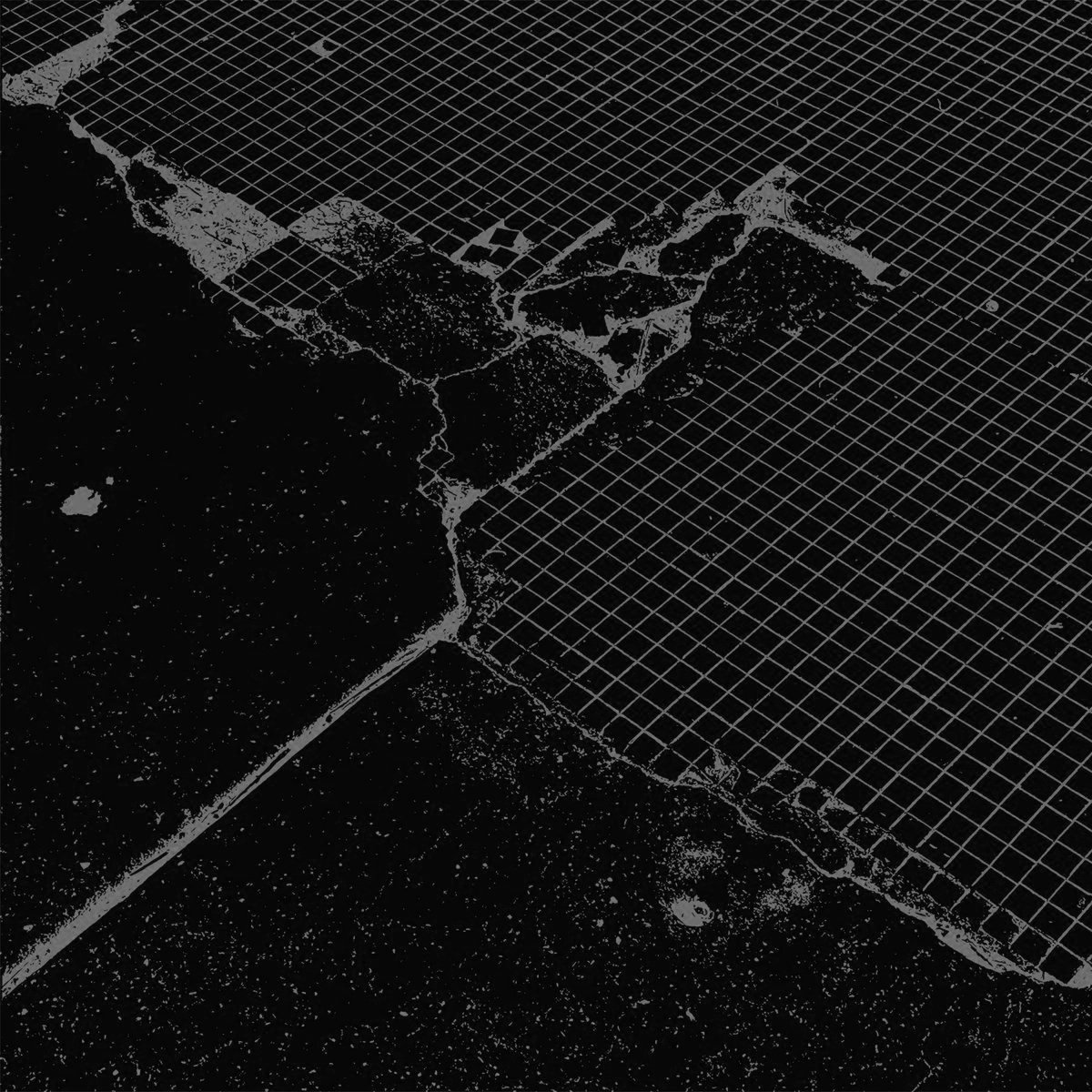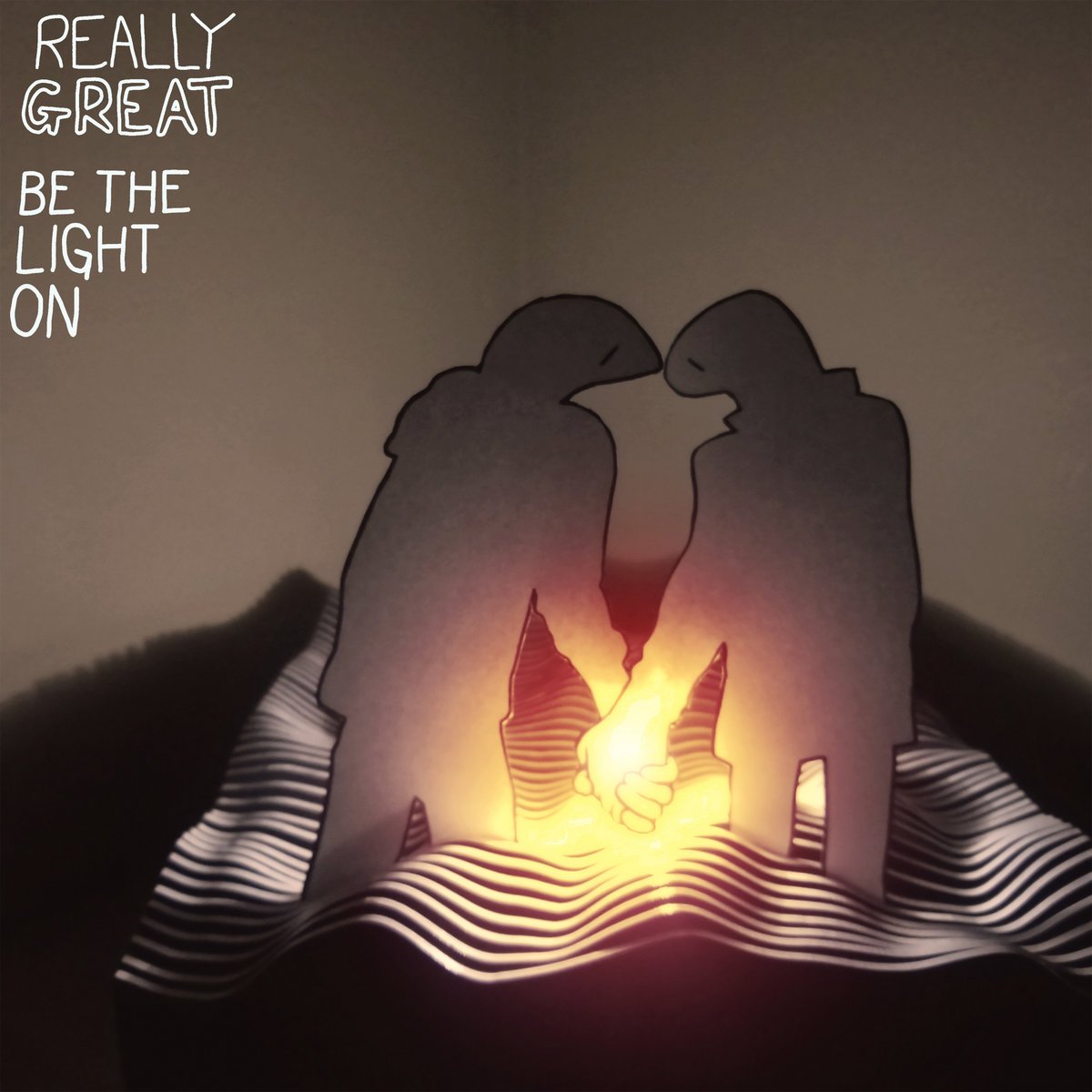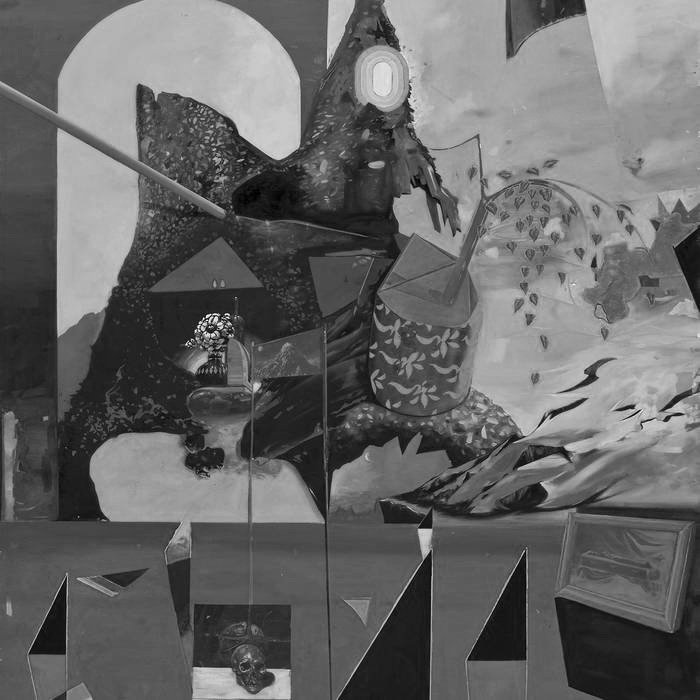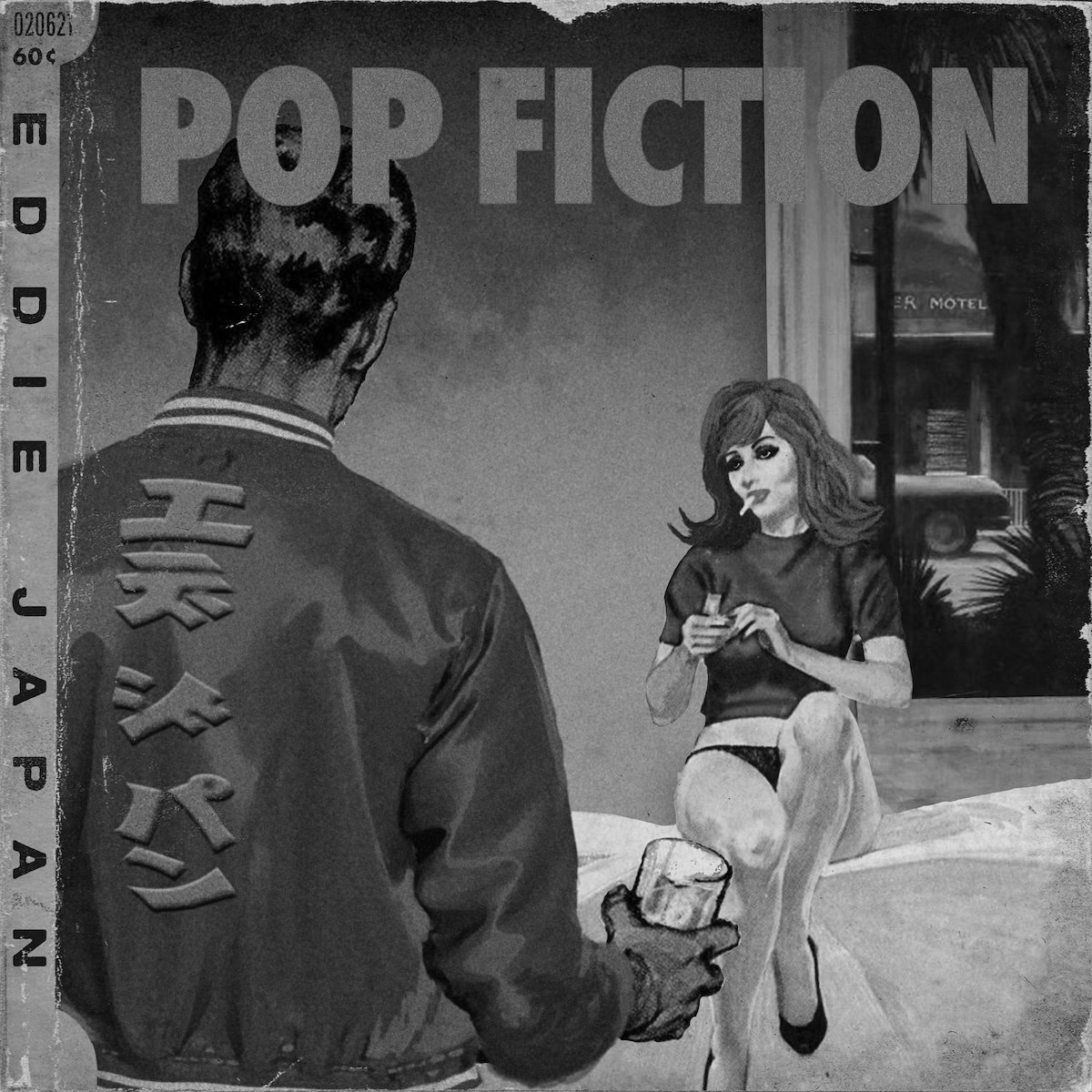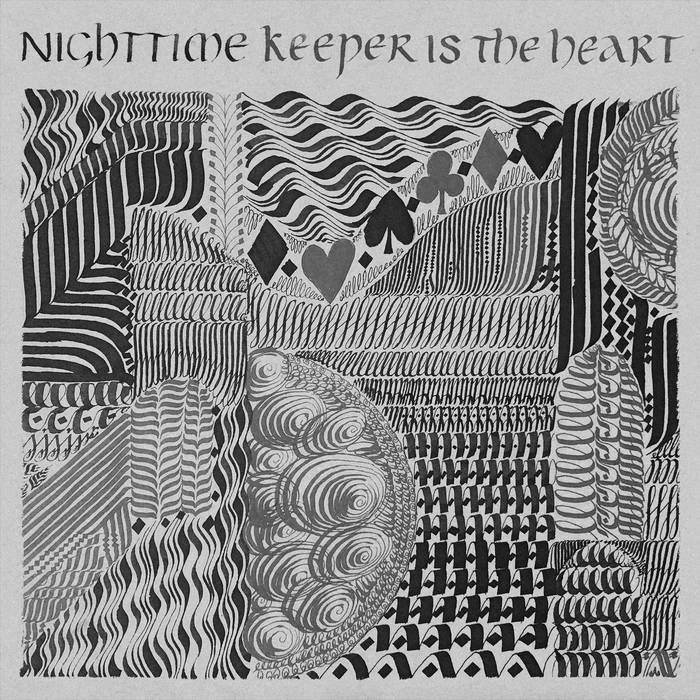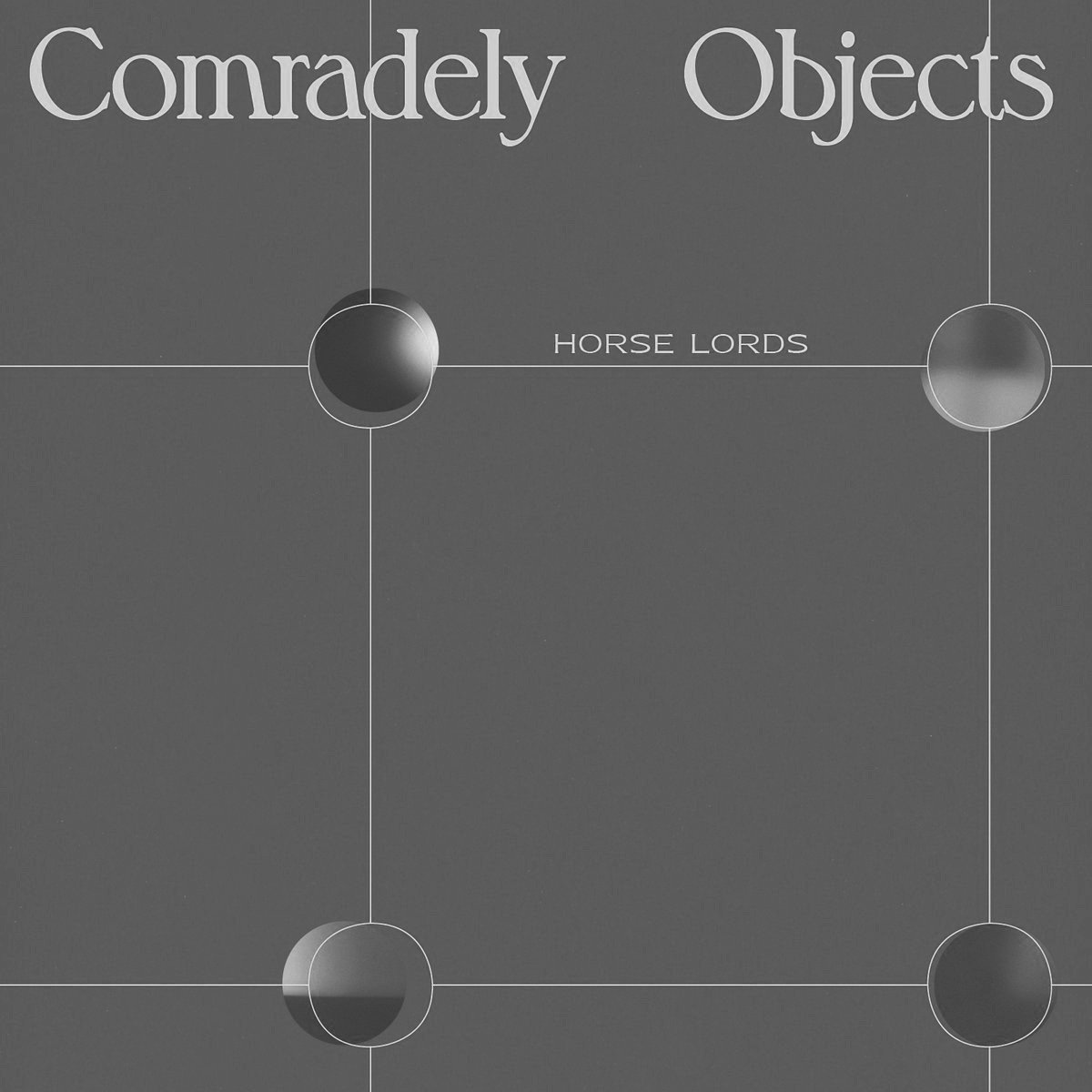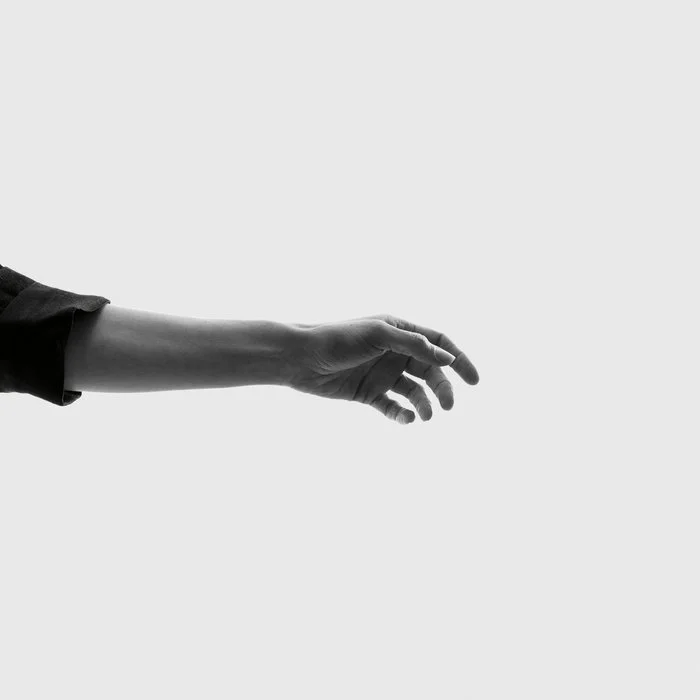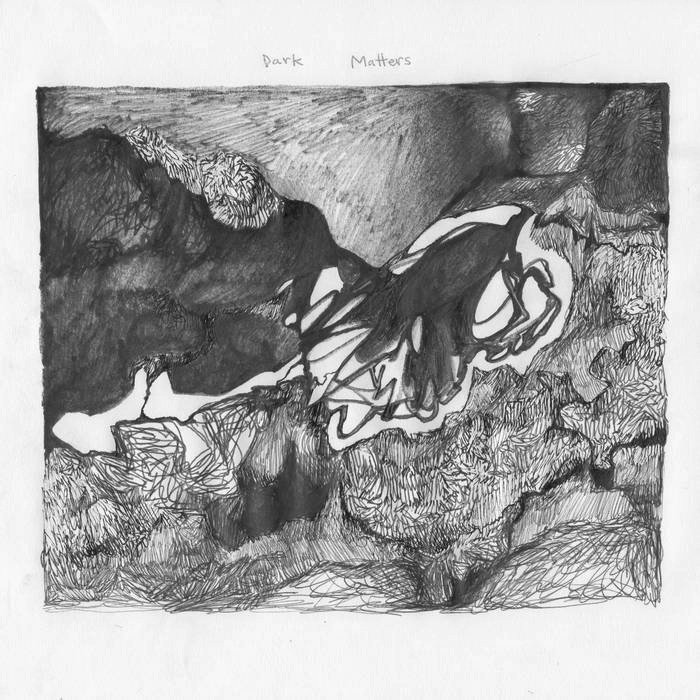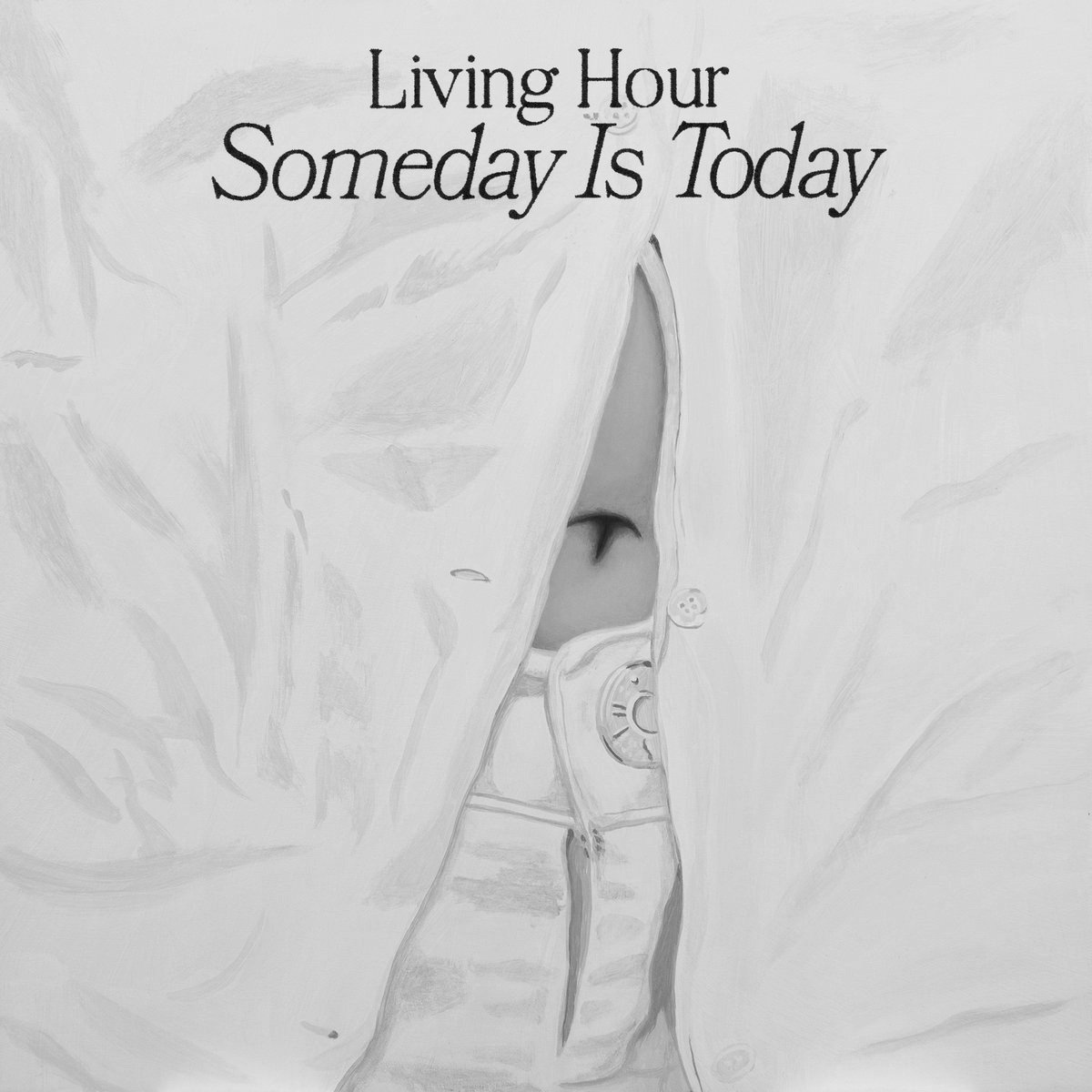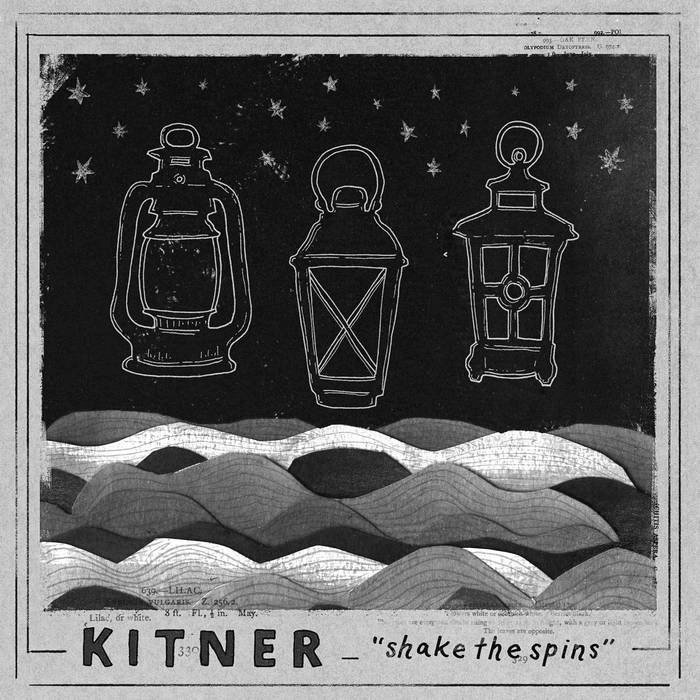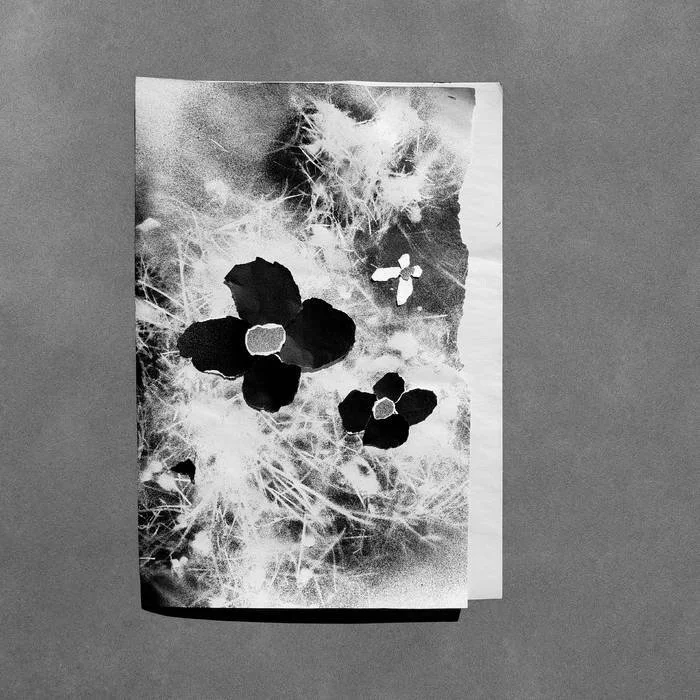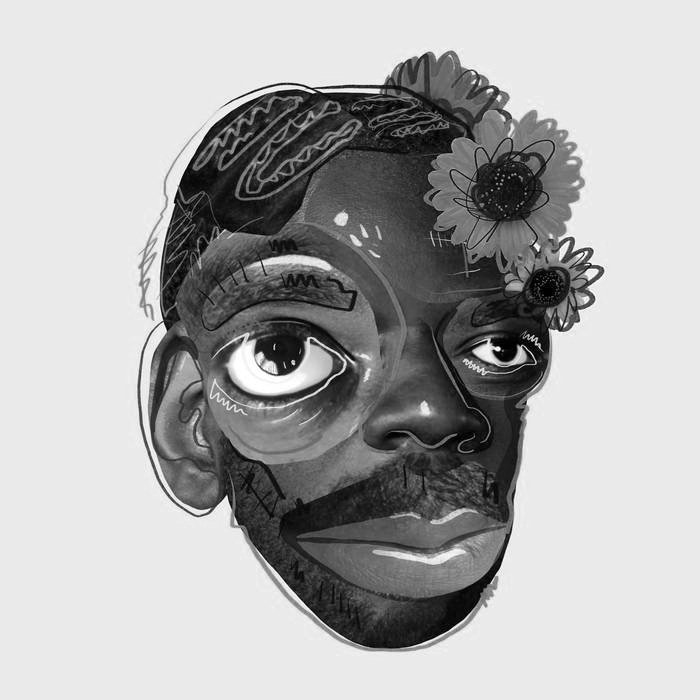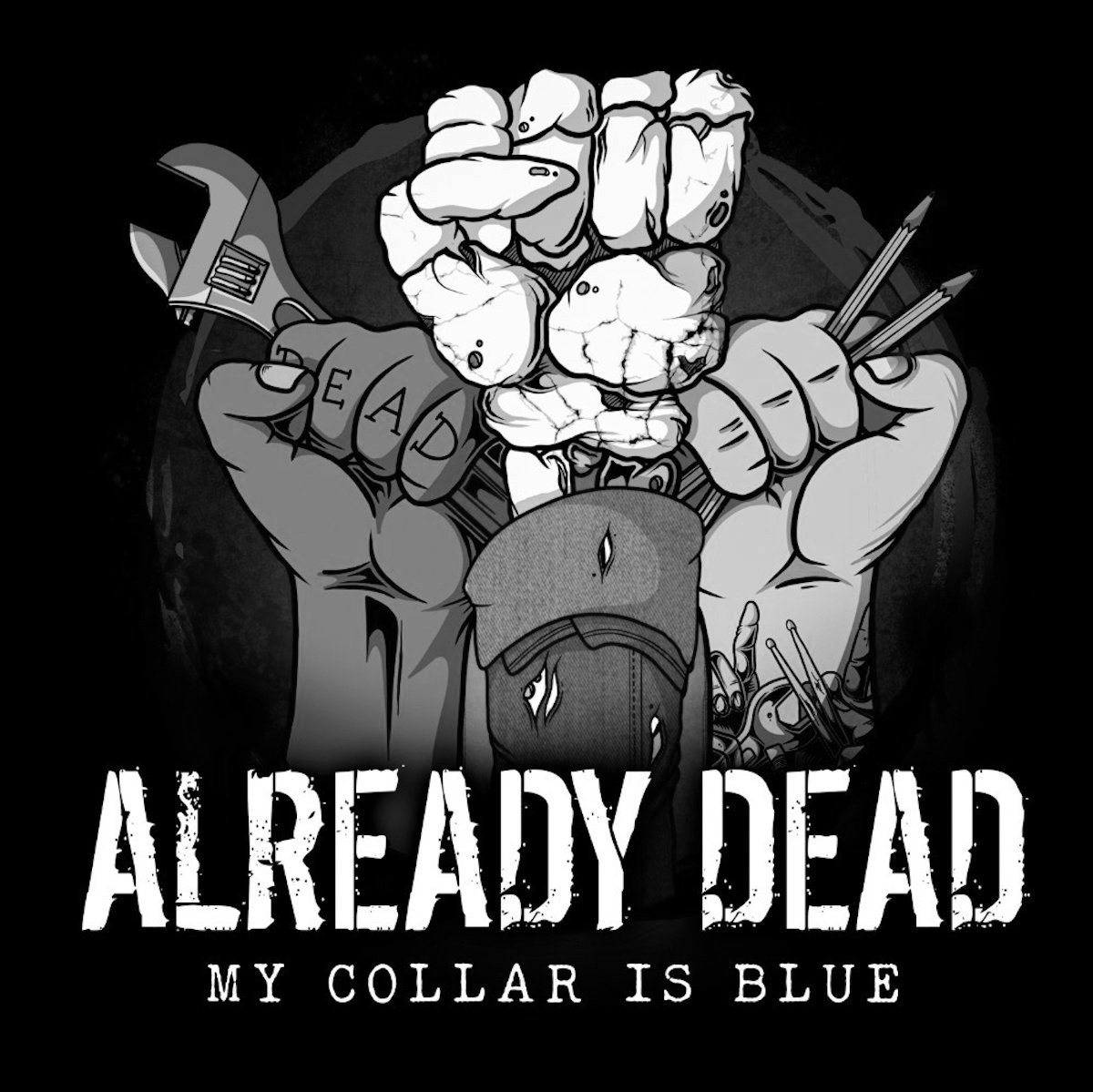FACS: Still Life In Decay
FACS: Still Life In Decay
Trouble In Mind Records 4/7/2023
After a prolific run of four albums (and a host of ancillary releases) in four years from 2018 to 2021, Chicago’s FACS took a little breather in 2022.
FACSTheir new album Still Life In Decay (2023), which they call an “addendum” to Present Tense (2021), is in many ways about hitting pause, stepping out of the moment, and reflecting on what they saw. Whether they were looking in the mirror or at a ripe Old Master still life, what they saw was in decay. Cheery bunch, this artcore crowd.
FACS captures the clang and clatter of the factory soundscape. There’s an air of heavy manufacturing running through a song like “When You Say.” Like the band had passively internalized the collective memory of Midwestern industry in boom times. Before the well-paid, union jobs were offshored to become not well-paid, not-union jobs.
The Midwest, though, still imagines itself through that lens. Even if the new generation of Schlitz drinkers are all white collar aspirational and college educated, they live under mountains of debt and terrible premonitions. That breeds and cultivates a certain nostalgia about a working class aesthetic. A certain take on music that puzzles the pieces of a song together like the pipes in your basement. Everyone appreciates good plumbing, whether they realize it or not – and they realize it when the pipes burst. “When You Say” is built through good plumbing. All the pipes fit into their joints just so. ‘Flush,’ like the pros say. It’s nearly two minutes before the vocals step into the rhythm section mechanic, and the guitar hardly adds more than the occasional trill. Solid construction speaks for itself.
Construction sites can be noisy. The leadoff track “Constellation” delivers about ten seconds of pure noise, which signals a commitment to a musical ethos that the listener will immediately recognize. And buy into. Or not buy into. For those that stick around, the real trick is following up the chaos with the right kind of structure. To control the chaos in a certain way that really lets its motor rev. FACS excels at the art of controlled chaos. Later in the same song, another long passage is dedicated to the sound of an electric guitar burrowing itself into the side of the mountain of Mordor. The rhythm section frames the noise matter-of-factly, without flourish, without comment, like a jackhammer operator who can barely hold back a yawn while his mechanical scimitar unleashes hell on this concrete earth.
The politics of this album are an oblique politics. Critique is everywhere, ideology is hinted at, programmatic principles are nowhere to be found. “Class Spectre” and the 10+ minute banger “New Flag” feel like calls to action. But the meatiest bone to chew on might be “Slogan.”
Let’s chew on it a bit.
What are we building in this song? Which factory do we find ourselves in? From the timbre of the bass line, sounds like lighter weight gewgaws. Maybe a new fidget spinner for the kids along the assembly line.
The lyrics play a more important role in this song than most of Still Life In Decay. A slogan, after all, is something that can only communicate in words. Pushing that conceit further, “Slogan” seems to be the only video made for the record – and it consists purely of the lyrics posted on the screen without any additional visual narrative. The song is “Slogan” and the lyrics are the slogan of “Slogan.”
Consider the following lines.
“Suspended thought is identity”
A slogan is thought suspended. Because it is an idea, but an idea that is no longer actively traded, evolved, examined between thinkers. It’s an idea out of circulation. Not because its author has abandoned it for being trivial or unimportant. On the contrary, it’s supposedly the most essential and important idea. If the owner of the slogan had only enough time for a single message, it would be the slogan, which is supposed to represent everything about who and what the author is, and say everything there is to be said in a few words. It’s a portrait in words.
“Empathy as a slogan”
Empathy as a slogan. Empathy is the subject of the slogan. But not all slogans are about empathy. Antipathy would work just as well. Carrots would work just as well. So the song asks us to consider a certain kind of slogan. Perhaps one endemic to our present day? What is empathy? Sharing in and with the emotions of others. What is a slogan? A message – a suspended thought – cut off from its human speaker. If empathy requires a relationship between two empathic beings, then a break inserts itself between what the slogan says it does, and what the slogan accomplishes in everyday life. The slogan says it wants to bring human beings together while its form and substance is only possible on the condition of our division.
“I had it in the palm of my hand…”
Had what? The slogan? The narrator turns toward a personal response to the slogan as empathy. So what’s the response? Honestly, no idea. If you could parse these subtext of every lyric in a reliable fashion, the art would cease to be abstract and lose some of its energetic force. Like all modern art (in the 20th century sense of the term), the songs on Still Life In Decay want to terrorize you a bit and bask in the euphoria of general confusion.
But if this album is the product of a breather, a break, a brief respite, shouldn’t we expect clarity rather than confusion. Time off to reflect is supposed to bring things into focus. The title track “Still Life In Decay” takes aim at the privilege of theoretical over practical engagement with the world. It’s a moody brooder of reminisces. A fixation on the poverty of the present, the shortcoming, the part of the present that immediately withers and withdraws when you turn your reflective gaze on it. And even worse, what remains: the holdover as an abomination.
“Simulate emotion….” What is the fixed idea in this lyric from “Still Life In Decay?” What is a “still life” as a metaphor?
First, what is a still life? Typically, a genre of painting, or some other media capable of depiction, that attempts to capture what is essential about an arrangement of objects. Objects, because you wouldn’t talk about a still life of human beings, presumably. To be appalled by still lifes, whether in decay or not, is to be taken aback by a multiplicity of objects that take up more space than allows the human, who is supposed to appreciate them, to live.
What is offensive about still lifes is that they take chunks of life out of play for the living of life. To see a still life in decay is to remind you of the nature of your subservience to a dead idol. At the same time, the moment of recognition is also a moment to seize upon the possibility of breaking this morbid fascination, smashing your idols, and finding freedom outside of still life, in real life, in your life.
Inspirational, aspirational, both, neither? Striking, in any event. The album clocks in at a trim forty minutes or so. FACS never overstays their welcome, which is good, because we all have work in the morning.



